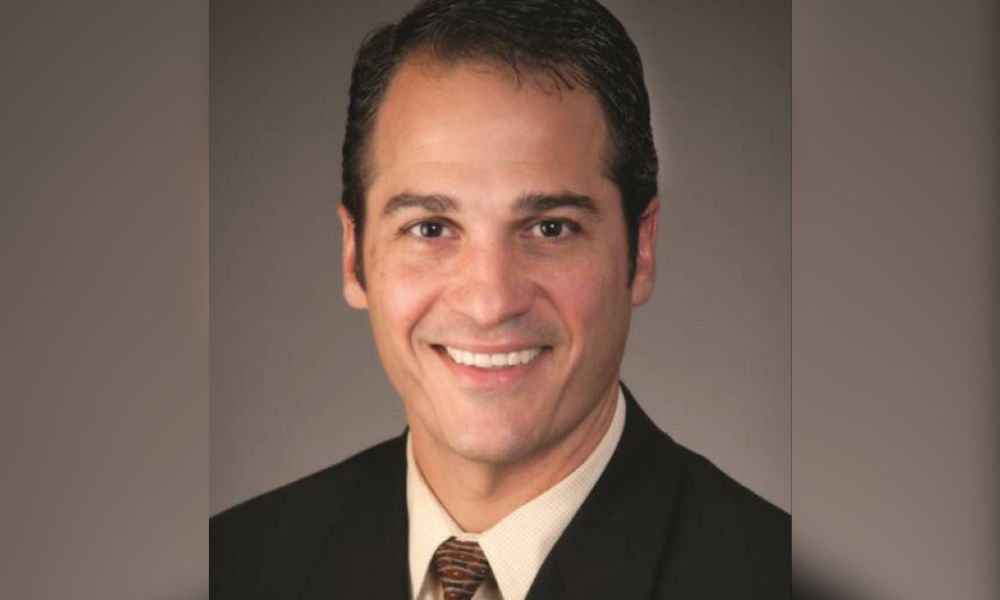
Congress is currently debating a comprehensive budget bill that proposes major changes to Medicaid funding, drawing both support and criticism from lawmakers. The legislation, which is part of a broader push to manage federal spending, aims to restructure how states receive Medicaid funding, possibly shifting from the current open-ended federal match model to a more capped, block grant or per-capita model.
Supporters of the bill argue that the proposed changes would offer states more flexibility in managing Medicaid funds while also helping to rein in federal expenditures. They also claim that streamlining the funding mechanism could improve program integrity and reduce waste.
However, critics warn that such structural changes could result in significant funding cuts over time. They express concern that the changes may lead to reduced access to healthcare for millions of low-income Americans who rely on Medicaid coverage. Many healthcare advocates and state officials worry that the proposed funding caps could limit the ability of states to respond to rising healthcare costs or increased enrollment during economic downturns or public health emergencies.
The Congressional Budget Office is expected to release a full analysis of the bill’s financial implications in the coming weeks. In the meantime, several governors and members of Congress have voiced their positions, signaling that the debate over Medicaid’s future funding framework is likely to become a central issue in upcoming legislative negotiations.
The budget bill also includes provisions addressing other healthcare and social service programs, which are being reviewed in committee hearings. With the fiscal year deadline approaching, Congressional leaders are hoping to reach a compromise that balances cost control with the need to ensure comprehensive health coverage for the nation’s most vulnerable populations.
Source: https:// – Courtesy of the original publisher.








